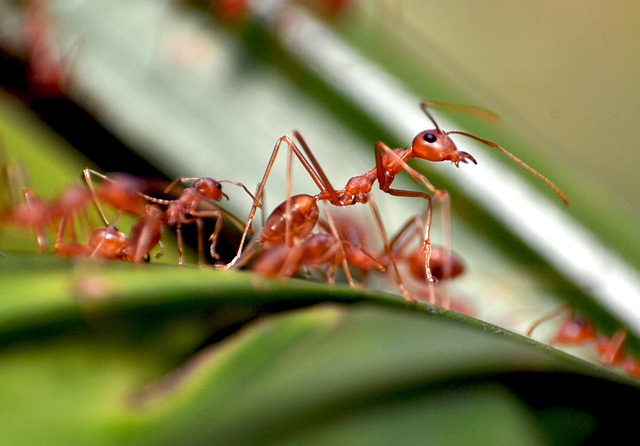Commercial pest control is vital in the food service industry to maintain safety standards and comply with regulations. Pests like rodents, insects, and birds pose health risks by contaminating food and surfaces. Professional services employ advanced techniques, tailored strategies, regular inspections, and integrated pest management plans to eliminate infestations and prevent reoccurrence, protecting restaurants' reputations and financial health. Effective commercial pest control includes non-chemical solutions, strict hygiene protocols, and eco-friendly treatments, fostering a clean, safe dining environment while adhering to legal obligations.
In the dynamic world of restaurant management, ensuring a hygienic environment is paramount. Commercial pest control isn’t just about eliminating unsightly bugs; it’s a critical component of food safety and maintaining customer trust. This comprehensive guide explores the multifaceted aspects of commercial pest control in restaurants, from understanding the importance of proactive measures to implementing effective strategies like Integrated Pest Management (IPM) and best practices for prevention. Discover how robust sanitation, targeted treatments, and partnership with professionals can safeguard your establishment and protect your reputation.
Understanding Commercial Pest Control: The Importance for Restaurants
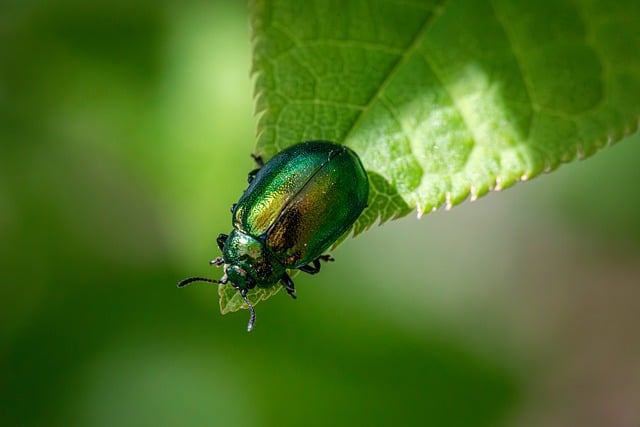
In the highly regulated and health-conscious environment of commercial food service, understanding the significance of commercial pest control is paramount for restaurants. This goes beyond mere aesthetics; it’s a critical component of maintaining a safe and compliant dining space. Pests like rodents, insects, and birds can not only damage food supplies and infrastructure but also pose significant health risks by contaminating food and surfaces with bacteria, viruses, and parasites.
Commercial pest control involves targeted strategies tailored to the unique needs of restaurants. Professional services employ advanced techniques and products to eliminate existing infestations and prevent future ones. Regular inspections, integrated pest management plans, and discrete yet effective treatment methods ensure that pests are kept at bay, safeguarding both the reputation and financial health of the restaurant.
Common Pests in the Restaurant Industry
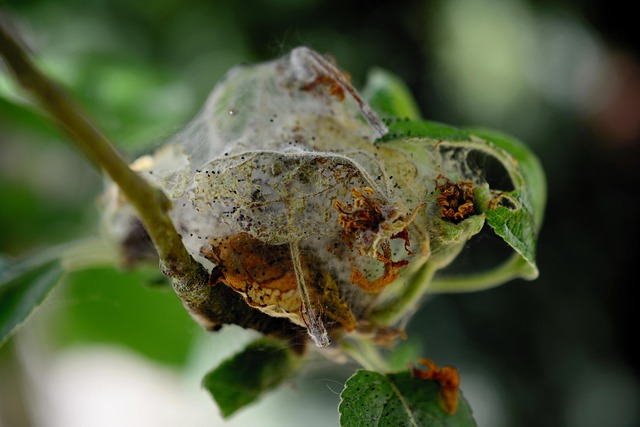
Restaurants are a haven for food enthusiasts, but they also attract unwanted guests—pests. Common pests in the restaurant industry include rodents, insects, and birds. Rodents like mice and rats are drawn to the abundance of food and water sources, posing health risks and causing damage to property. Insects such as ants, cockroaches, and flies can contaminate food and ingredients, leading to serious health issues for customers and staff. Birds, especially pigeons and starlings, can nest and roost in areas near restaurant entrances, creating unsanitary conditions and attracting other pests.
Effective commercial pest control is crucial to maintaining a clean and safe environment for both patrons and employees. Professional pest management services employ targeted strategies to eliminate and prevent pest infestations, ensuring that restaurants meet health and safety regulations. Regular inspections, integrated pest management techniques, and quick response actions are key components of successful commercial pest control programs.
Integrated Pest Management (IPM) Strategies for Food Service Establishments
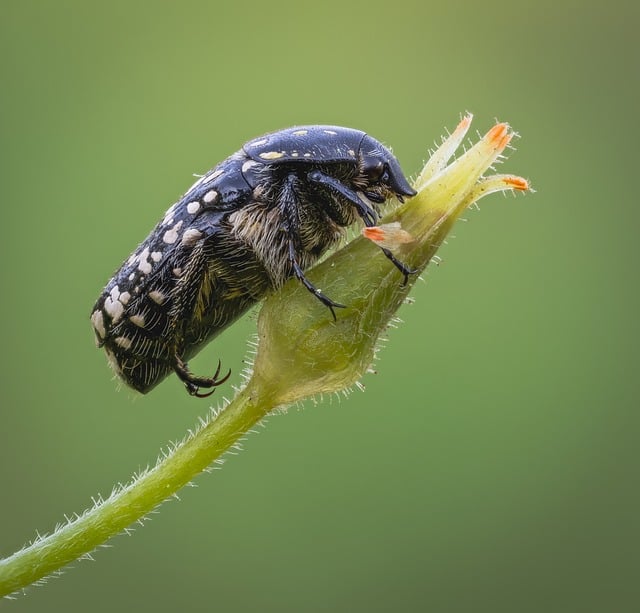
In the realm of commercial pest control, especially within food service establishments, Integrated Pest Management (IPM) strategies stand as a robust and responsible approach. IPM involves a comprehensive, multi-faceted method to prevent and manage pests, prioritizing non-chemical solutions first. For restaurants, this means implementing strict hygiene protocols, sealing entry points for pests, and regularly inspecting areas prone to infestations. By fostering an environment that discourages pest activity, establishments can significantly reduce the need for chemical interventions.
Effective IPM strategies also include using traps and baits as a last resort, opting for targeted applications of approved pesticides when necessary, and involving professional commercial pest control services. This balanced approach not only ensures food safety by eliminating potential health risks associated with pests but also contributes to a greener environment, aligning with the growing demand for sustainable practices in the hospitality industry.
Effective Restaurant Sanitation Practices to Deter Pests

Effective Restaurant Sanitation Practices play a pivotal role in deterring pests, serving as a primary line of defense for commercial pest control. Maintaining impeccable hygiene standards is paramount to creating an environment that discourages vermin intrusion. This involves regular cleaning and disinfection of all surfaces, including floors, walls, and furniture. Restricting access to food sources is another crucial strategy. Storage areas should be tightly sealed, with food waste properly disposed of through commercial trash services, minimizing attractants.
Moreover, proper garbage management practices are essential. Trash cans should be secured and regularly emptied, while recycling bins should be kept clean and separate from general waste. Regular deep cleaning, coupled with these strict sanitation protocols, creates a formidable obstacle for pests, significantly reducing the risk of infestation and ensuring a safe, hygienic dining environment.
Targeted Pest Treatment Options for Kitchens and Dining Areas
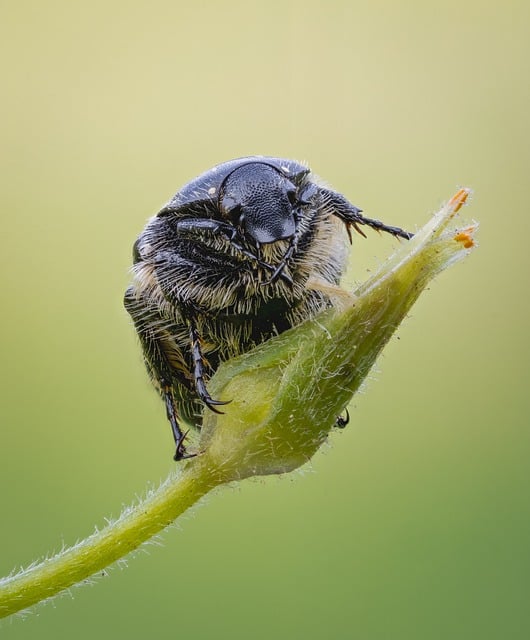
In the heart of any restaurant operation, both kitchens and dining areas require meticulous attention when it comes to commercial pest control. Targeted treatments are essential to ensure a safe and sanitary environment for patrons and staff alike. Professional pest control services offer tailored solutions that address specific pests common in these spaces, such as rodents, insects, and birds.
Kitchens, with their abundant food sources, often attract a range of pests. Commercial Pest Control experts employ strategic methods like baiting systems, trapping, and targeted applications of pesticides to eliminate these intruders effectively. In dining areas, the focus shifts to visible pests like flies, ants, and spiders. Regular inspections, proper waste management, and environmentally friendly treatments can significantly reduce their presence while maintaining a pleasant ambiance for diners.
Preventing Pest Infestations: Best Practices for Restaurants
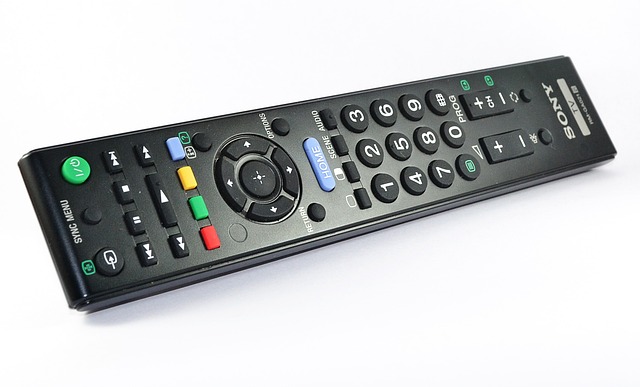
Preventing pest infestations in restaurants is paramount for maintaining hygiene standards and customer satisfaction. The best practices involve a multi-pronged approach. Regular cleaning and sanitation routines are essential, focusing on eliminating food debris and waste that might attract pests. This includes thorough mopping, wiping down surfaces, and ensuring proper disposal of food scraps.
Implementing robust commercial pest control measures is crucial. This involves working with professionals who can identify potential entry points and provide tailored solutions. Regular inspections, sealing gaps, and maintaining a clean environment are key strategies to deter pests. Additionally, staff training on pest recognition and response procedures further strengthens the restaurant’s defense against infestations.
Legal Obligations and Health Code Requirements for Commercial Pest Control
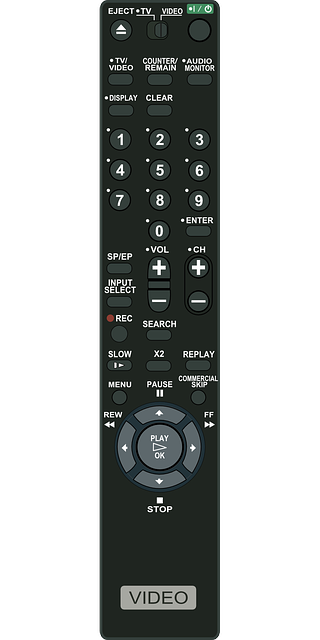
In the realm of commercial pest control, restaurants have stringent legal obligations and health code requirements to uphold. Failure to adhere to these standards can result in severe penalties, including fines, license suspension, or even closure. These regulations are designed to protect both customers and employees from potential health risks associated with pests like rodents, insects, and vermin.
Implementing effective commercial pest control measures is not just a matter of compliance; it’s also crucial for maintaining the reputation and profitability of a restaurant. Regular inspections, timely treatments, and adherence to local health department guidelines are essential elements of an integrated pest management strategy. By prioritizing these obligations, restaurants can ensure a safe, hygienic environment, fostering customer trust and satisfaction.
Partnering with Professional Pest Control Services for Restaurant Owners

Restaurant owners know that maintaining a clean and safe environment is paramount for both customer satisfaction and regulatory compliance. However, dealing with pests can be a significant challenge in this sector. That’s where partnering with professional commercial pest control services becomes crucial. These experts bring specialized knowledge and resources to address pest infestations effectively, minimizing disruption to operations.
By enlisting the help of professionals, restaurant owners can benefit from tailored solutions designed for their unique facilities. Commercial pest control specialists employ advanced techniques and eco-friendly products to eliminate pests without compromising food safety or customer experience. Regular inspections and proactive treatments prevent future infestations, ensuring a peaceful mind for business owners and allowing them to focus on serving delicious meals.
